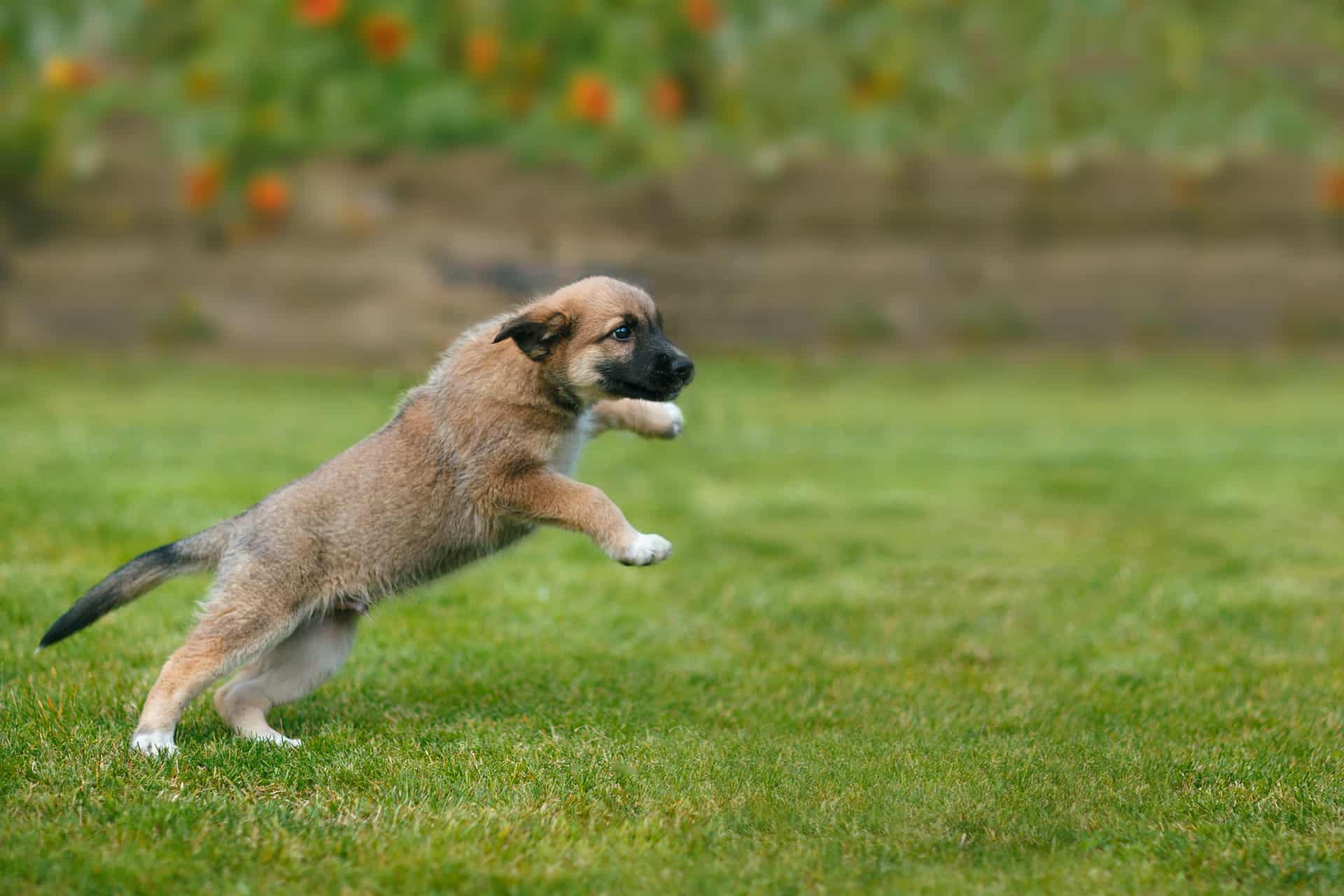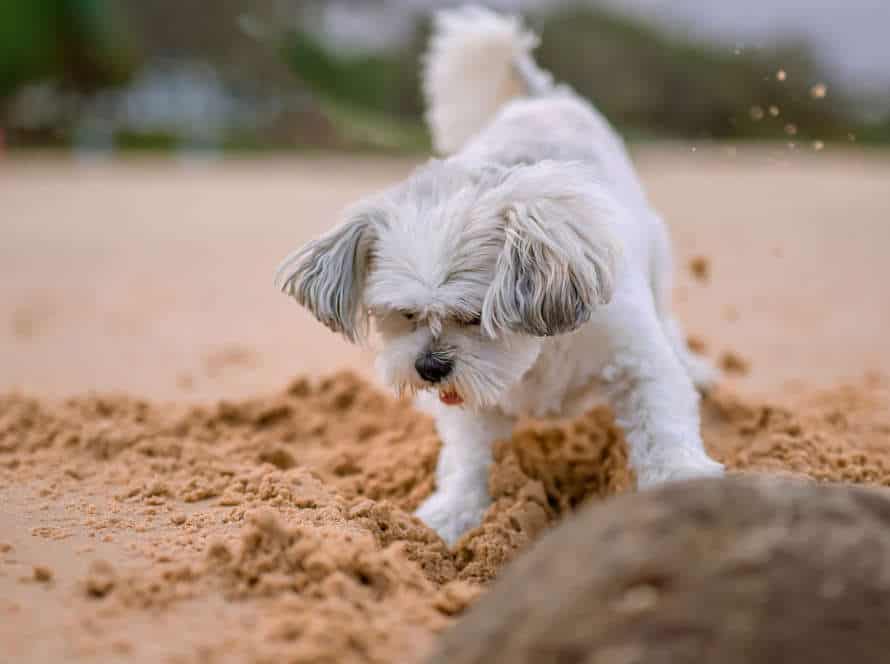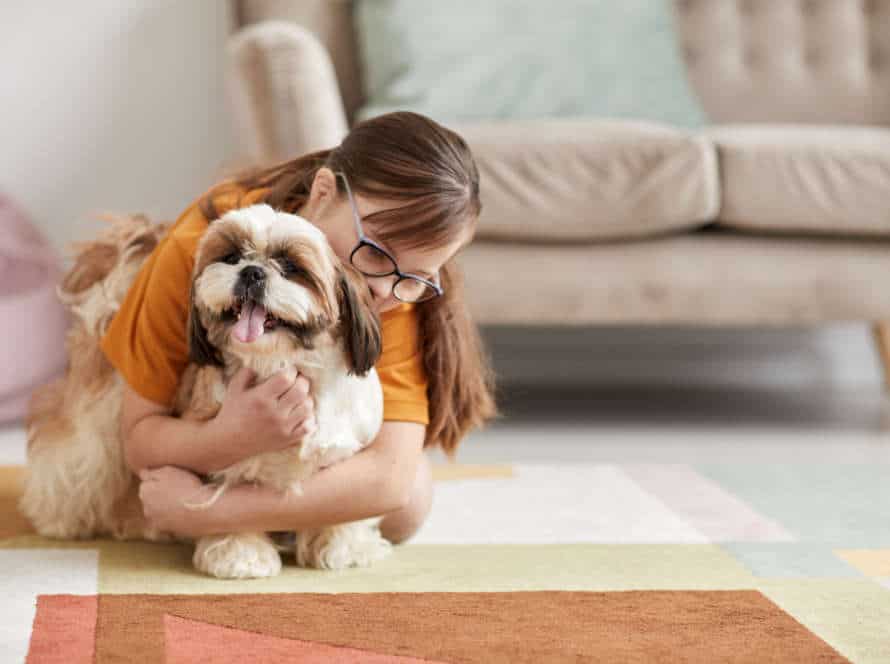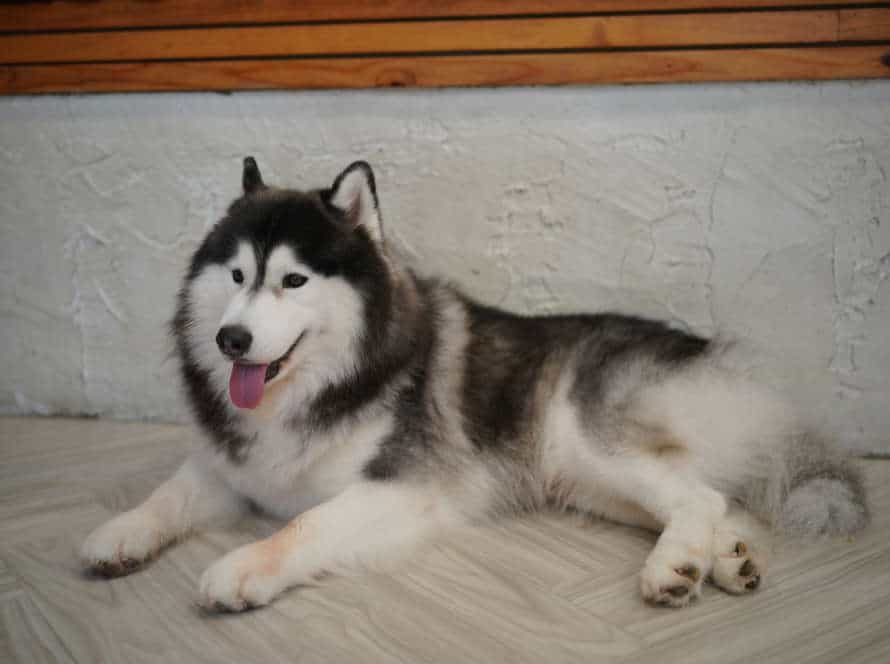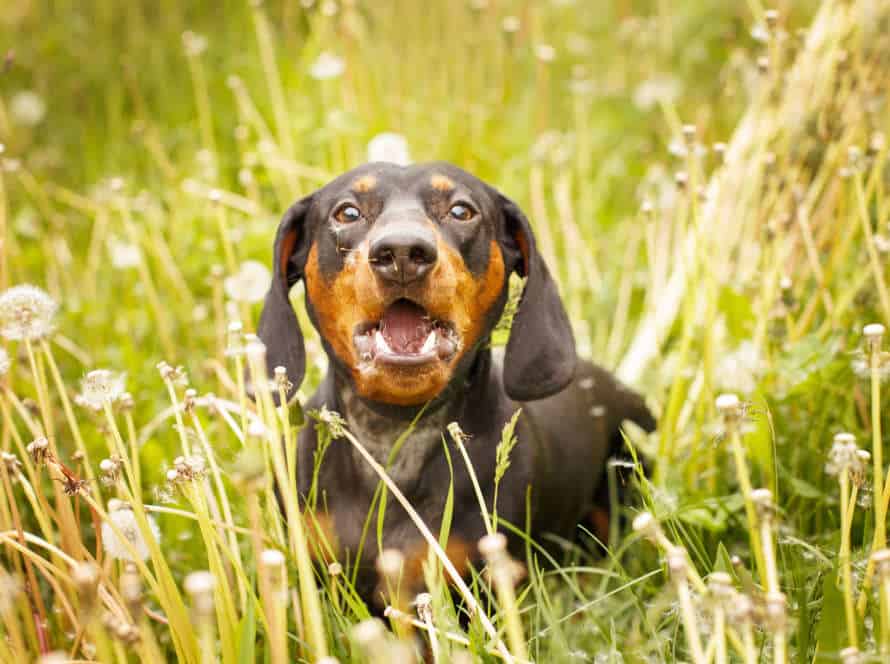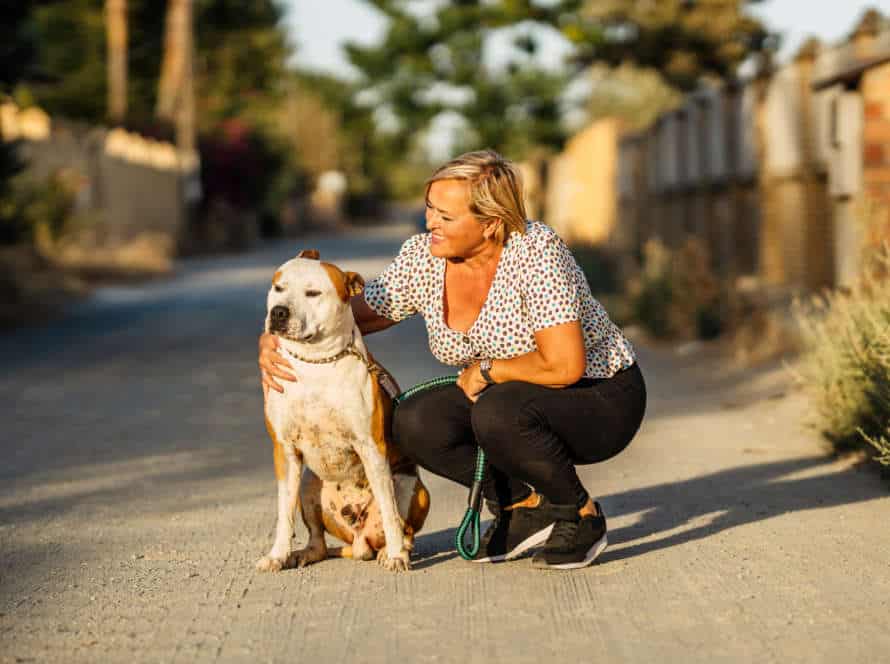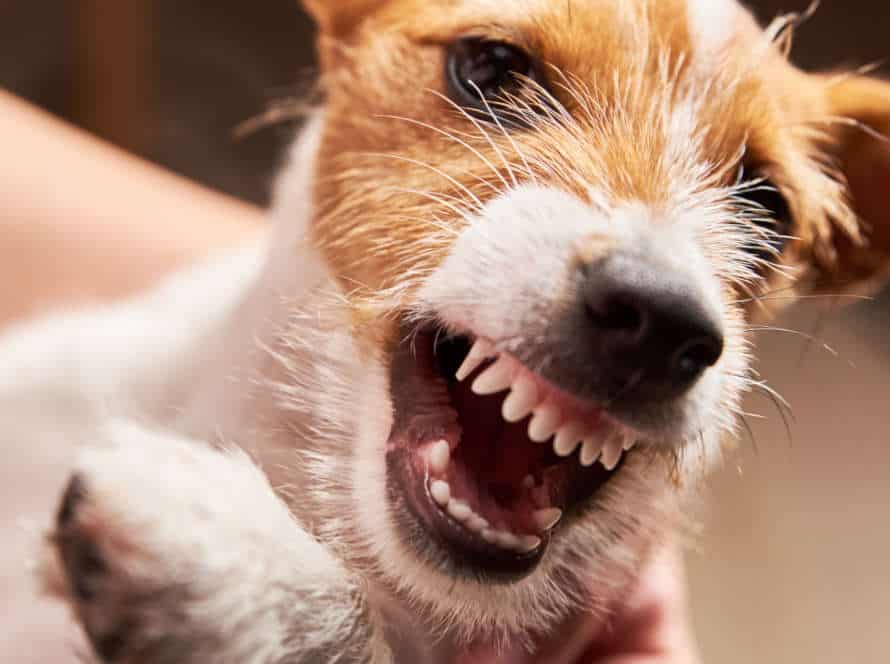Puppy Socialization and Its Impact on Jumping Behavior
Puppy socialization is important for controlling jumping behavior. Positive reinforcement during puppyhood is the key to preventing behavioral issues in the future.
Start early: 3-14 weeks old is the critical socialization window. Introduce your pup to new people, dogs, and environments gradually and positively. Use positive reinforcement to reward good behavior and discourage jumping. Be consistent with training and socialization. If jumping continues, seek professional help.
This will help create a well-behaved and socially adjusted adult dog.
Remember, socialization is a lifelong process!
Benefits of Socialization
Why socialize puppies? It’s great for emotional stability, confidence and secure attachment. Plus, it helps reduce negative behaviors like jumping and barking. This article will look into the importance of puppy socialization, and how it can help reduce excessive jumping.
Improved social skills
Socialization can bring many advantages for dogs. Social skills improve and jumping behavior decreases.
Puppy socialization is essential for good social skills. It allows them to meet other dogs and humans. Learning how to communicate and act in social situations.
Also, early socializing can stop jumping. If a pup is exposed to various people, places, and activities, they will be less scared and excited. Resulting in better manners and less jumping.
To socialize your puppy, you can:
- Enroll them in a puppy socialization class.
- Invite family and friends to meet your pup.
- Take them on walks in various environments.
These activities will help your pup learn how to interact with others and create crucial social skills.
Reduced anxiety and aggression
Socializing is a must for decreasing anxiety and aggression in dogs. It helps puppies build good behaviors, like not jumping, when they mature.
Puppy socialization is key during the first months when their brain grows fast. It helps them learn to cope with various sounds, people, animals, and experiences, lessening anxiety in later life.
Socializing can also minimize jumping. Puppies learn to be calm and friendly around other dogs and humans, which keeps their excitement low and stops them from jumping on people.
To sum up, socializing is significant in controlling anxiety, aggression, and jumping. Early puppy socializing sets the stage for good behavior in adulthood.
Build confidence
Puppy socialization is so important for their development. It affects jumping behavior and confidence levels.
Socializing pups with other dogs, new people and different environments at a young age gives them good communication and behavior skills. They learn how to greet and play with others. This helps stop them from impulsively jumping up on people.
Regular and structured socialization gives puppies novel experiences in a controlled environment. This lowers anxiety and builds confidence. Fear and aggression are less likely.
In the long-term, puppy socialization has big benefits for their growth and behavior. Owners should make sure their pet gets it. For best results, get a pro to help!
Addressing Jumping Behavior
Puppy socialization is key to dealing with jumping behavior. We must expose pups to a range of sights, sounds, smells and more. This helps them learn how to socialize with people and other animals. Which then reduces the jumping.
This article outlines why puppy socialization is so important for dealing with jumping behavior.
Understanding Your Puppy’s Jumping Behavior
Puppies jumping is a common problem for pet owners. Knowing why they do it and how to stop it is important.
Pups jump to say hello, show love, or express excitement. It becomes an issue when it’s too much or hurts someone.
Here are ways to help:
- Teach basic orders like “sit”, “stay”, and “come”.
- Reward good behavior with treats and compliments.
- Train your puppy to greet and be around people and other animals in a gentle way.
- Give your puppy chances to be around other people and animals.
Consistency and patience are important. With the right training, your puppy can learn to be calm and polite.
Consistency and Reinforcement Techniques
Consistency and reinforcement are vital to address jumping in puppies. Socialization is a major element to avoid bad habits. When pup jumps, just turn away and don’t show attention. Instead, direct pup’s attention to a toy or treat on the ground. Reward them if they approach calmly with all paws on the floor.
Socializing pup prevents jumping behavior. This allows pup to learn the correct way to greet others without jumping or being overly thrilled. Reward good behavior and be consistent with training to cultivate wanted behavior.
Using Commands and Positive Reinforcement
Puppies naturally jump, but it can be a nuisance. To address this, use commands and positive reinforcement. Here are some tips:
- Teach commands such as sit, stay, and come.
- Say ‘no’ firmly when your puppy jumps and give the command to sit.
- Reward with treats or praise when your puppy obeys.
- Be consistent – families and friends should follow the same approach.
- Socialize your puppy. Introduce them to people and new environments.
- Never punish your puppy. It can create stress and aggression.
With patience, you can train your puppy to stop jumping and be well-behaved.
Socialization and Training Techniques
Puppy socialization and training is key to stop jumping. Teaching a pup the right way to interact with people and animals is critical. This article will cover the various socialization and training methods that can help reduce jumping behavior in puppies. Get your pup trained and socialized for better behavior!
Early socialization techniques
Early socialization is key for puppy well-being and good behavior. Puppies exposed to various people, animals, and places at a young age are less likely to develop issues like jumping. So, here’s what you should do:
- Expose your pup to different people – young and old, male and female, of all ethnicities.
- Introduce your puppy to other animals – like dogs and cats – in a controlled setting.
- Take your pup on walks to various environments – parks, city streets, and wooded areas.
- Reward positive behavior with treats and praise. Avoid punishment-based training.
- Start socializing your pup as soon as possible, between 3 and 14 weeks.
Pro tip: Socialization is a lifelong process to ensure puppy well-being and good behavior.
Training using various socialization methods
Socializing your pup is key to make sure they become well-mannered, friendly, and balanced dogs. But, different ways of socialization can help with issues such as jumping. Here’s what you can do:
- Positive Reinforcement: Give treats or praise when they greet people calmly and not jump.
- Non-Reward Punishment: Don’t show attention or touch them when they jump on you. This tells them it’s not okay.
- Repetition & Consistency: Doing training over and over and using the same words can help good behavior stick and bad behavior go away.
- Controlled Socialization: Slowly show your pup to different people, animals, and places to reduce anxiety and keep them from jumping or other bad habits.
Be patient with your puppy, give them time to learn and applaud their progress.
Continuing to reinforce skills over your dog’s lifespan
Reinforcing training and socialization throughout your dog’s life is key to prevent jumping. Here are some techniques for puppy socialization:
- Introduce pup to new people and situations, so they don’t get too excited and jump.
- Use treats and praises to reward pup when behaving and not jumping.
- Teach pup basic obedience commands, like “sit” and “stay“. This helps them control their impulses and not jump.
- Reward good behavior and don’t encourage bad like jumping.
- Keep reinforcing skills even as pup ages, to ensure proper socialization and good behavior.
Pro tip: Engaging in regular training and socialization activities with pup can help build a stronger bond. So, enjoy the training and bonding time!
Frequently Asked Questions
Q: What is puppy socialization?
A: Puppy socialization is the process of exposing your puppy to different people, environments, and experiences to help them become well-adjusted adult dogs.
Q: How does socialization impact a puppy’s jumping behavior?
A: Proper socialization can help reduce a puppy’s jumping behavior by teaching them appropriate ways to greet people and dogs.
Q: When should I start puppy socialization?
A: Puppy socialization should begin as early as possible, ideally between 3 and 14 weeks of age.
Q: What are some examples of socialization experiences for my puppy?
A: Examples of socialization experiences include meeting new people, going to new places, hearing loud noises, and encountering different animals.
Q: How can I train my puppy to stop jumping on people?
A: Effective training techniques include teaching your puppy a “sit” command, rewarding them for staying calm during greetings, and using negative reinforcement such as removing attention or treats when they jump.
Q: Can lack of socialization cause aggression in dogs?
A: Yes, lack of socialization can lead to fear and aggression in dogs, making it important to properly socialize your puppy.

